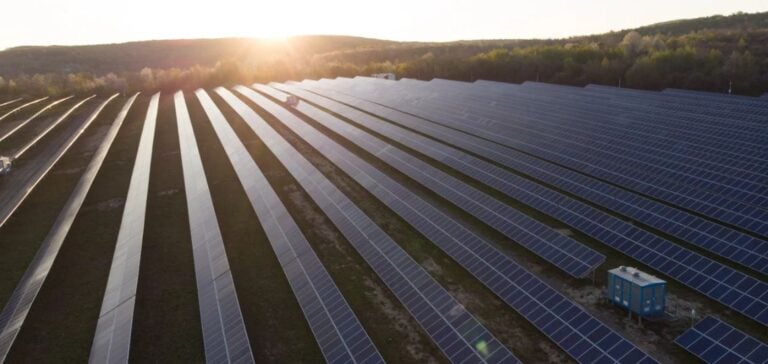Equinor commissions the Mendubim solar power plant. This will increase the country’s renewable energy production by 30%. Veronica Coelho,Equinor‘s Country Managerin Brazil, underlines the importance of Mendubim to the company’s diversified energy offering in Brazil, which includes a robust portfolio in oil and gas and an attractive position in renewables. The plant will produce 1.2 TWh of electricity per year.
Partnership structure and energy sales
Nearly 60% of the electricity produced will be sold to Alunorte via a 20-year dollar power purchase agreement. The remainder will be destined for the Brazilian energy market. The project is the result of a joint venture between Scatec, Hydro Rein and Equinor, each with a 30% economic interest. In addition, Alunorte, having exercised its call option, now holds the remaining 10%.
Project role for Equinor in Brazil
Equinor’s Olav Kolbeinstveit sees the commissioning of the solar power plant as an important milestone, reflecting the company’s commitment to Brazil. This project contributes to the country’s objective of broadening its energy mix and meeting the growing demand for electricity. It represents part of Equinor’s strategy to develop a significant energy portfolio in the region.
The directors of Scatec and Hydro Rein emphasize the importance of Mendubim for Brazil’s renewable energy sector. In particular, they emphasize the project’s impact on reducing CO2 emissions and supporting industrial decarbonization.
With the start-up of Mendubim, Equinor is increasing its production of clean energy in Brazil, entering the deregulated energy market for the first time. This project will increase Equinor’s production capacity to over 1.4 TWh in 2024. It thus contributes to the company’s goal of doubling its renewable energy production.
The commissioning of the Mendubim solar power plant in Brazil represents a major step forward for Equinor and its partners, strengthening their presence in the renewable energies sector. This project illustrates the potential of collaborations between companies to accelerate the energy transition and support decarbonization objectives, while meeting the growing demand for energy in key markets such as Brazil.






















